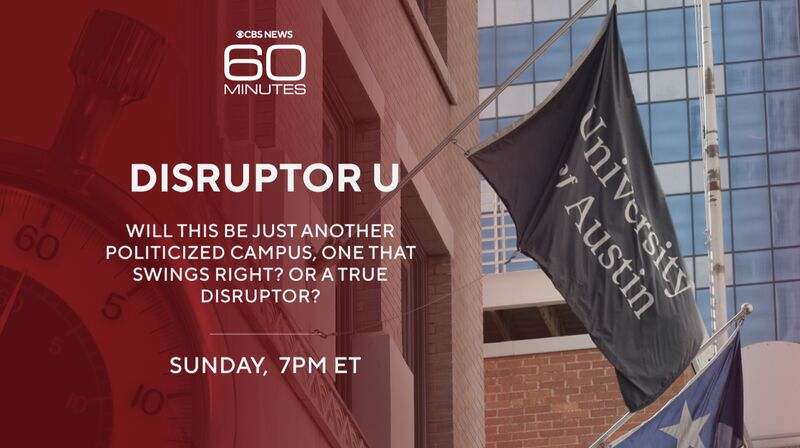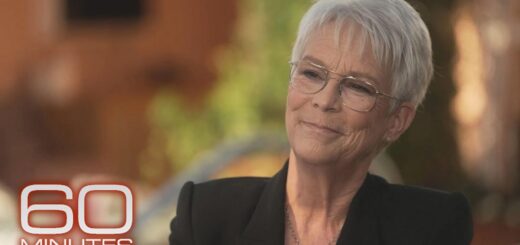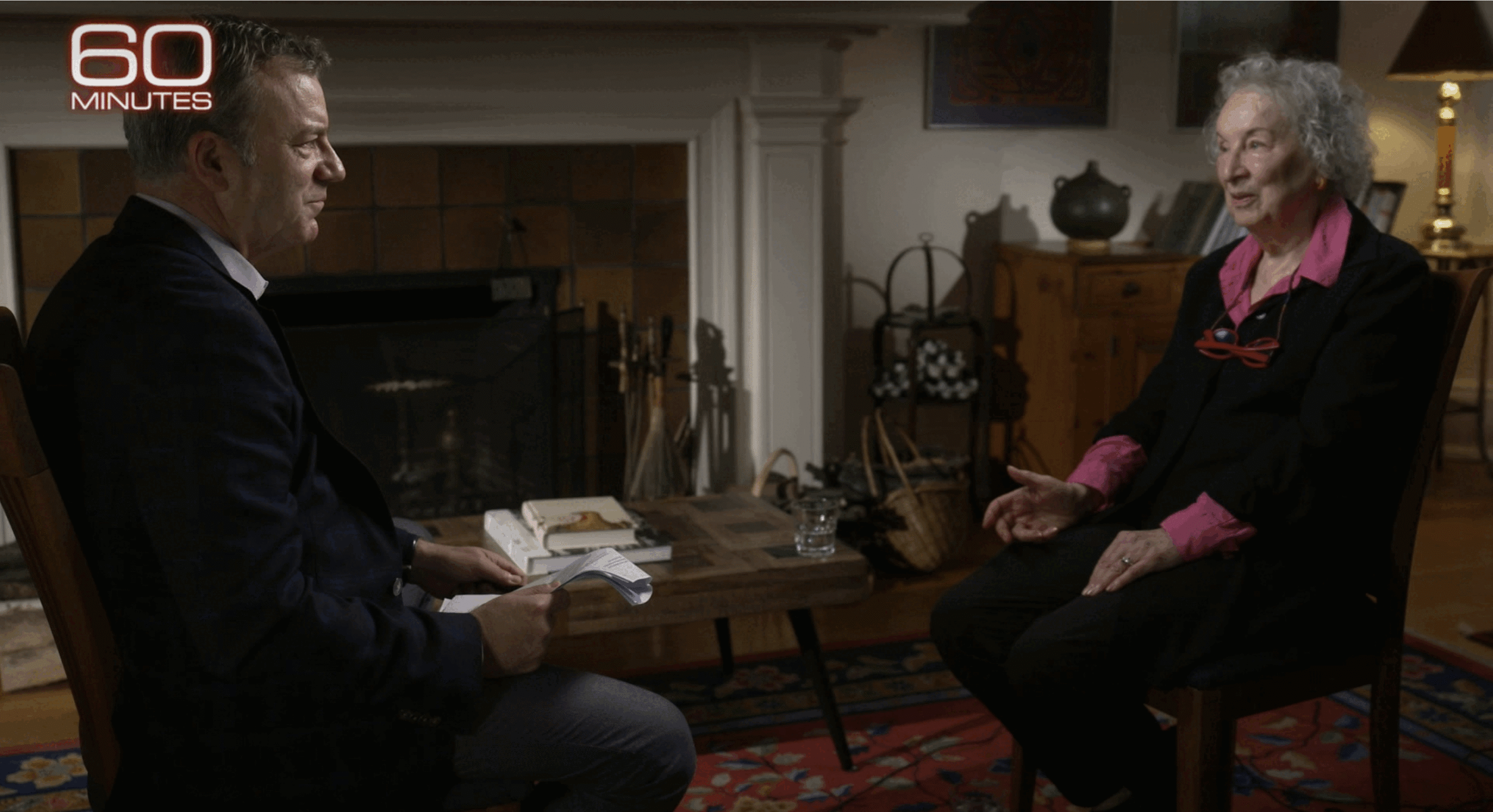Disrupter U: The Future of Higher Education in a Polarized America

When 60 Minutes correspondent Jon Wertheim returned to the University of Austin (UATX) for the September 21, 2025 segment “Disrupter U.,” the school was once again under the national spotlight. Originally profiled in late 2024, the fledgling Texas-based university has positioned itself as a challenger to traditional higher education. Founded with the goal of promoting what it calls “ideological openness,” UATX claims to stand apart from elite institutions accused of narrowing the range of acceptable viewpoints.
The revisit came at a particularly charged moment. Just weeks earlier, political commentator Charlie Kirk was assassinated, an event that reignited heated debates about political polarization, censorship, and the risks of escalating rhetoric. Against this backdrop, UATX’s self-proclaimed mission to protect free expression gained new urgency. For its advocates, the university has become a sanctuary for open debate; for critics, it represents a calculated pushback against what they describe as “woke orthodoxy.”
The Origins of a “Disrupter”
The University of Austin was founded by a group of academics, writers, and cultural figures who argued that mainstream higher education had drifted away from its roots. Among its advisors were public intellectuals who had themselves faced controversy or criticism for challenging prevailing cultural norms. Their pitch to students was simple but provocative: here was a school where inquiry would not be curtailed by fear of cancellation or ideological policing.
The initial coverage of UATX in November 2024 painted a picture of a bold experiment. The institution sought not only to attract students frustrated with the perceived limits of traditional universities but also to prove that rigorous scholarship could coexist with wide-ranging debate. Its founders positioned it as both an academic venture and a cultural statement.
The Charlie Kirk Effect
The tragic assassination of Charlie Kirk has become an unavoidable backdrop for this renewed attention. Kirk, a polarizing but influential conservative voice, had frequently spoken about threats to free speech and the dangers of political violence. His death has forced universities, think tanks, and media outlets to confront just how high the stakes have become in the national conversation.
For UATX, the moment underscored the fragility of its mission. Supporters argue that fostering open dialogue is not a luxury but a necessity to prevent further breakdowns in civic trust. Detractors, however, caution that framing the institution as an “anti-woke” alternative may deepen the very divisions it claims to heal. The 60 Minutes update made clear that the university is navigating both heightened interest and intensified scrutiny.
Student Perspectives and Campus Climate
At the heart of UATX’s story are the students. The segment highlighted how those enrolled see themselves as pioneers in an academic experiment. Many believe they are fighting not only for their own education but also for the preservation of free expression as a societal value. They describe the atmosphere as one of vigorous debate, where dissent is encouraged rather than punished.
Yet questions remain about what kind of community such a model produces. Can ideological openness survive when students arrive with strong and often clashing worldviews? Will the focus on disruption lead to genuine intellectual pluralism, or will it simply cement UATX as a haven for one side of America’s culture wars? These tensions reflect broader uncertainties about the role of universities in a democracy under strain.
Higher Education at a Crossroads
The University of Austin is not operating in a vacuum. Across the country, debates rage over whether universities have sacrificed intellectual diversity for political conformity. Surveys show declining public trust in higher education, particularly among conservatives who feel excluded from mainstream institutions. UATX has tapped into that dissatisfaction, branding itself as a radical alternative that promises to restore what many see as lost values of open inquiry.
Still, disruption alone may not guarantee sustainability. Critics point out that building a respected academic institution requires more than rhetoric—it demands strong faculty, credible accreditation, and a track record of scholarship. The coming years will test whether UATX can move from being a provocative experiment to a lasting force in higher education.
The Broader Implications
The 60 Minutes segment, produced by Denise Schrier Cetta, ultimately framed UATX as both a response to and a reflection of America’s cultural moment. The assassination of a prominent political commentator has raised the stakes for debates about free speech, violence, and democracy. UATX, in seeking to embody ideological openness, has made itself a symbolic battleground for those issues.
Whether the University of Austin succeeds or struggles, its story reveals deep anxieties about the future of discourse in the United States. At a time when polarization has become both dangerous and destabilizing, the experiment unfolding in Texas is more than just about education—it is a mirror of a nation grappling with how, or whether, to talk across its divides.







